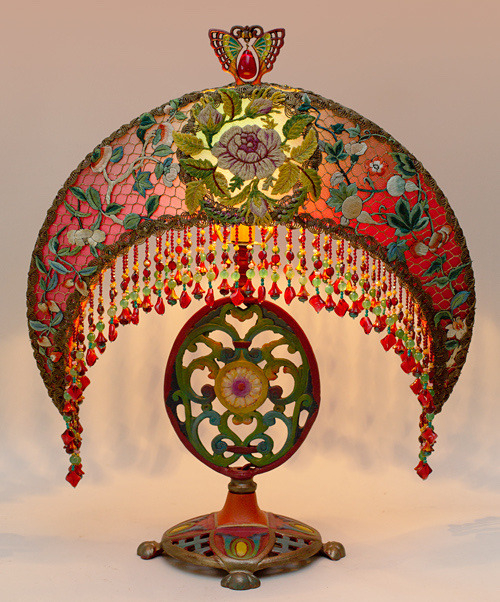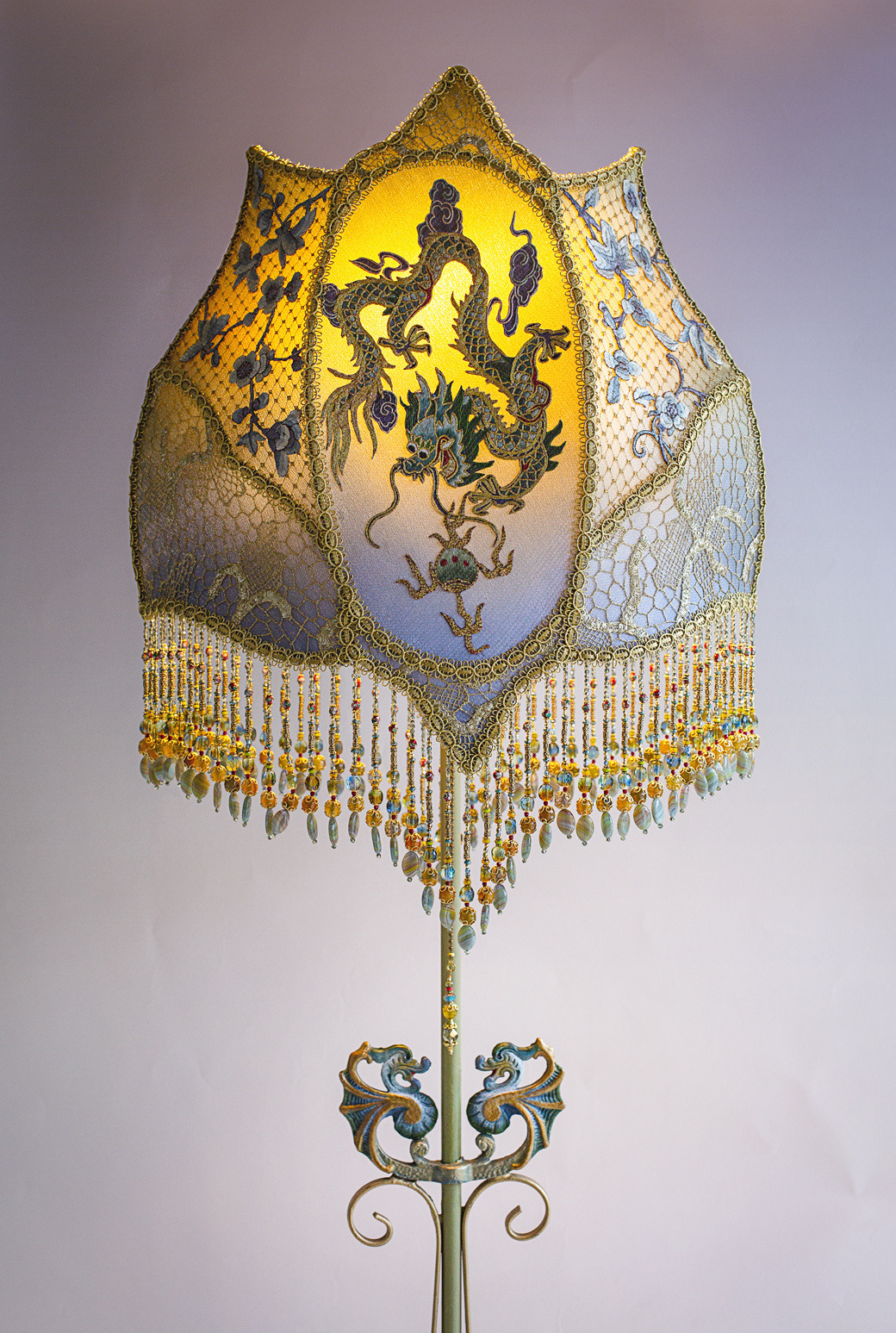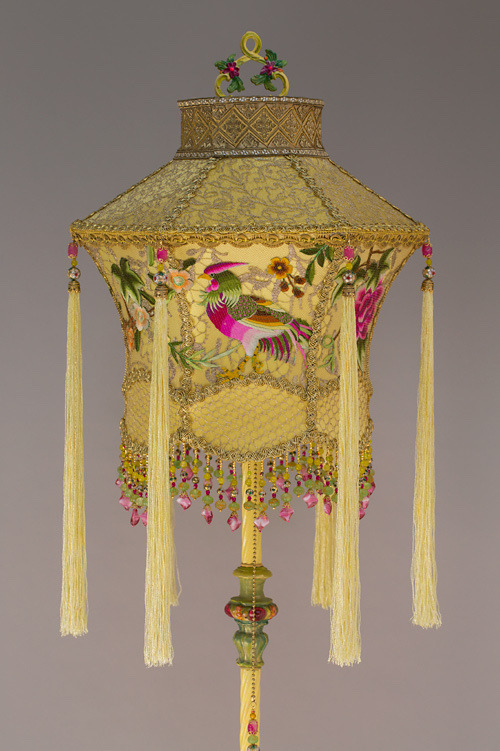Holocaust Remembrance: Those Who Survived and Came to Hollywood By Raquel Stecher
Officially established by the United Nations in 2005, January 27th is International Holocaust Remembrance Day. This day honors the 6 million Jewish victims as well as the millions of other victims of the Holocaust. It also marks the anniversary of the 1945 liberation of Auschwitz-Birkenau by the Red Army.
From the time Hitler came to power and throughout WWII, actors, directors, producers, composers, production designers and other members of the European film industry emigrated to Hollywood to escape the Nazi regime and to begin a new phase in their careers. Some artists fled at the first sign of trouble, others were able to escape even in the face of real danger while others were interred in concentration camps and German POW camps. Many lost family members, some nearly lost their own lives but, in the end, they persevered in the face of adversity and lived to tell the tale. Here are some of their extraordinary stories.
Michael Curtiz
According to Michael Curtiz biographer Alan K. Rode, the director did everything he could to get his family out of Hungary. Curtiz arranged transport for his mother and got her housing in Los Angeles. He relocated his brothers David and Gabriel to Tijuana, Mexico where they waited for two years before being allowed entry into the United States. And Curtiz may have employed the help of Jack and Harry Warner to get the U.S. Army Air Corps to transport his sister out of Hungary. Curtiz’ brother Lajos and sisters Regina, Margit and Kornelia decided to stay behind. Margit and her family were eventually interned in Auschwitz and while Margit and her daughter survived, her husband and second child did not.
Audrey Hepburn

Born in Belgium but raised in England, Audrey Hepburn’s parents were pro-Fascists. After their separation, Audrey’s mom Ella moved the family to the Netherlands and joined the Dutch resistance. Before becoming an actress, Hepburn studied as a dancer and her skills were put to good use when she was commissioned by local resistance leader Dr. Hendrik Visser‘t Hooft to perform dance numbers at underground meetings known as “zwarte avonden”, aka black evenings. This was a way to earn money to help fund the Dutch resistance’s efforts to hide or transport Jews across the country.
Martin Kosleck
German actors who fled Europe for America often found themselves playing Nazis in Hollywood productions. Actor Martin Kosleck played Minister of Propaganda Joseph Goebbels 5 times including a role in CONFESSIONS OF A NAZI SPY (‘39), considered the first anti-Nazi film. Kosleck himself was an outspoken opponent to Hitler and the Third Reich and fled Germany in 1931 when a warrant was issued for his arrest. A few years after he left, he was placed on the list of Gestapo’s “undesirables” and was tried and sentenced in absentia but remained safe in Hollywood.
Fritz Lang
Lang’s celebrated film METROPOLIS (‘27) was one of Adolph Hitler’s favorite films. The director caught the eye of both Hitler and Goebbels, the latter had even offered Lang the job of head of the German Cinema Institute which Lang eventually declined. Shortly after the premiere of THE TESTAMENT OF DR. MABUSE (‘33), Goebbels banned the film for inappropriate use of Nazi party slogans. Lang claimed that Goebbels then offered him another job as production supervisor at UFA which he declined. Lang’s Jewish heritage was no problem because according to Goebbels “we’ll decide who’s Jewish!” Lang wisely left Germany for Paris and eventually made it to Hollywood. His soon-to-be ex-wife and longtime collaborator Thea von Harbou joined the Nazi party and eventually wrote and directed propaganda films.
Curt Lowens
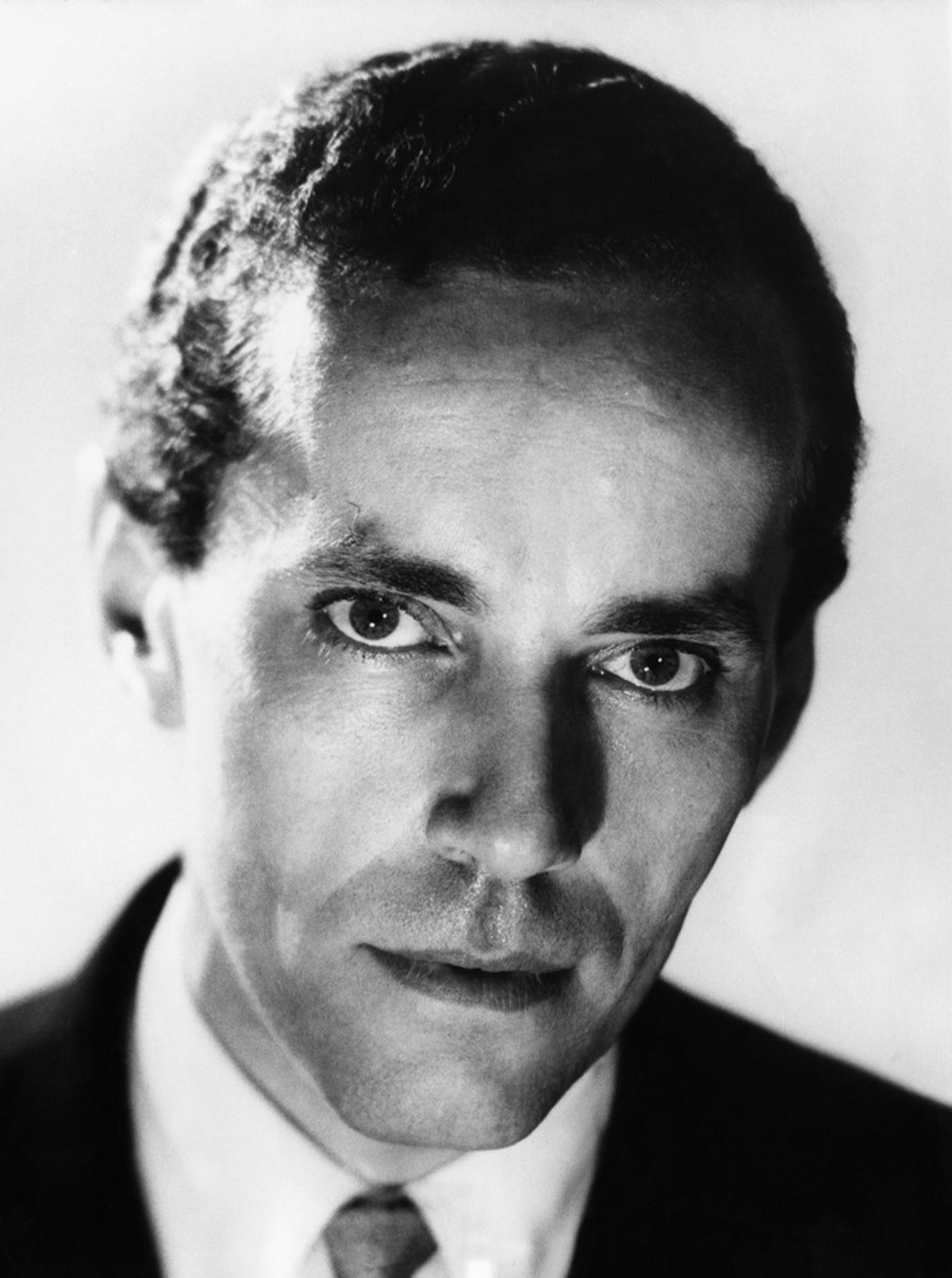
Actor Curt Lowens’ story of surviving the Holocaust was one of bravery and sheer luck. Born in Poland, Lowens’ father was a highly respected attorney and his mother was an active member of the local Jewish community. His father moved the family to Berlin in hopes that he would find more work among the large Jewish community in that city. As the political climate changed, the Lowens planned to emigrate to the US by way of the Netherlands but the Germans invaded the day they were supposed to leave. Lowens’ father’s connections helped saved them from deportation to Auschwitz and eventually got them out of Westerbork. The family went into hiding and Curt Lowens changed his name to Ben Joosten and became an active member of the Dutch resistance. On V-E Day, Lowens rescued two members of the US Army Air Corps for which he received a commendation from General Dwight Eisenhower.
Branko Lustig
Croatian producer Branko Lustig is best known for his work on SCHINDLER’S LIST (‘93). Lustig himself was a survivor of both the Auschwitz and Bergen-Belsen concentration camps. In his acceptance speech for the Best Picture Oscar for SCHINDLER’S LIST, Lustig said, “My number was 83317. I’m a Holocaust survivor. It’s a long way from Auschwitz to this stage. I want to thank everyone who helped me to come so far. People died in front of me at the camps. Their last words were ‘be a witness of my murder. Tell to the world how I died. Remember.’” Lustig hoped that his work on the film helped fulfill his obligation to the innocent victims of the Shoah and that we will never forget what happened to them.
S.Z. Sakall
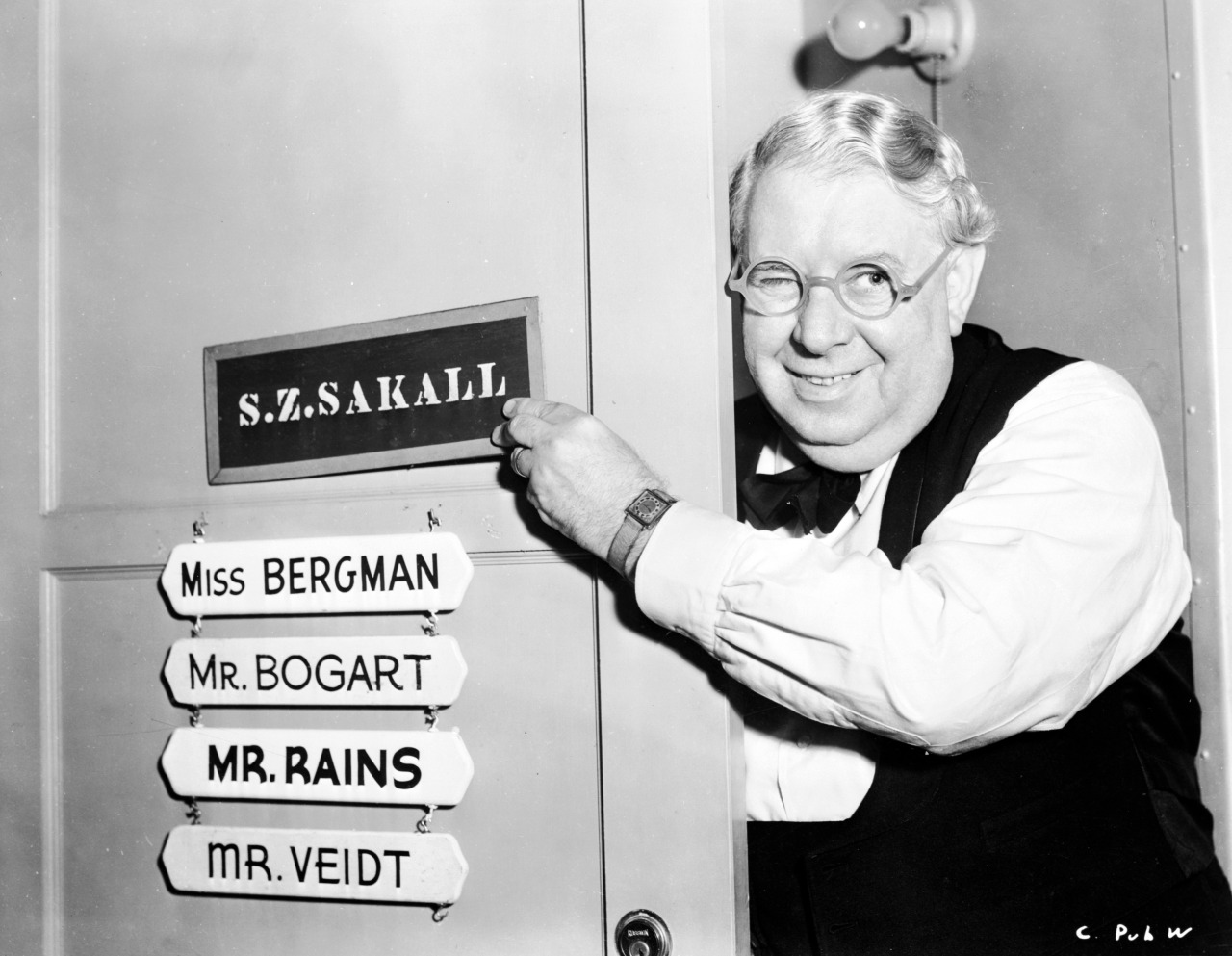
The actor affectionately known as “Cuddles” was born Gero Jeno in Hungary in 1883. Early in his acting career he changed his name to Szöke Szakall (aka Blonde Beard) which was later shortened to S.Z. Sakall. The Jewish Sakall performed on stage and in film in Hungary and Austria. In his autobiography he remembers a chance meeting with Hitler, who openly criticized Sakall’s recent picture A CITY UPSIDE DOWN (‘33). Years later Sakall and his second wife Anna Kardos fled for Hollywood. Many members of Sakall’s family, including sisters, nieces and in-laws died in concentration camps. Sakall almost turned down the role of Carl the head waiter in CASABLANCA (‘42) because he thought it might be too much to bear.
Roman Polanski
Born in France but raised in Poland, by the age of nine Roman Polanski and his parents were deported and separated from each other. In an interview with the Hollywood Reporter, Polanski recalls that his pregnant mother was most likely killed upon arrival to Auschwitz. His father was interned at the Mauthausen camp in Austria and managed to survive the ordeal. Polanski himself avoided the concentration camps by changing his name to Romek Wilk and fleeing to the countryside where he hid until the liberation. His experiences influenced his film THE PIANIST (2002) although he claims that the film was in no way autobiographical.
Douglas Sirk
In 1934, the German director divorced his first wife Lydia with whom he had a son Klaus. Both Lydia and Klaus joined the Nazi party and because Sirk’s second wife Hilde was a Jewish woman he was not permitted to have contact with his son. Klaus was a child actor in numerous Nazi propaganda films and eventually served as a soldier in the German army and died on the battlefield in 1944. While filming in the Netherlands in the late 1930s, Sirk was contracted by Warner Bros. and he and his wife fled the Nazi regime for a new life in Hollywood.
Otto Preminger
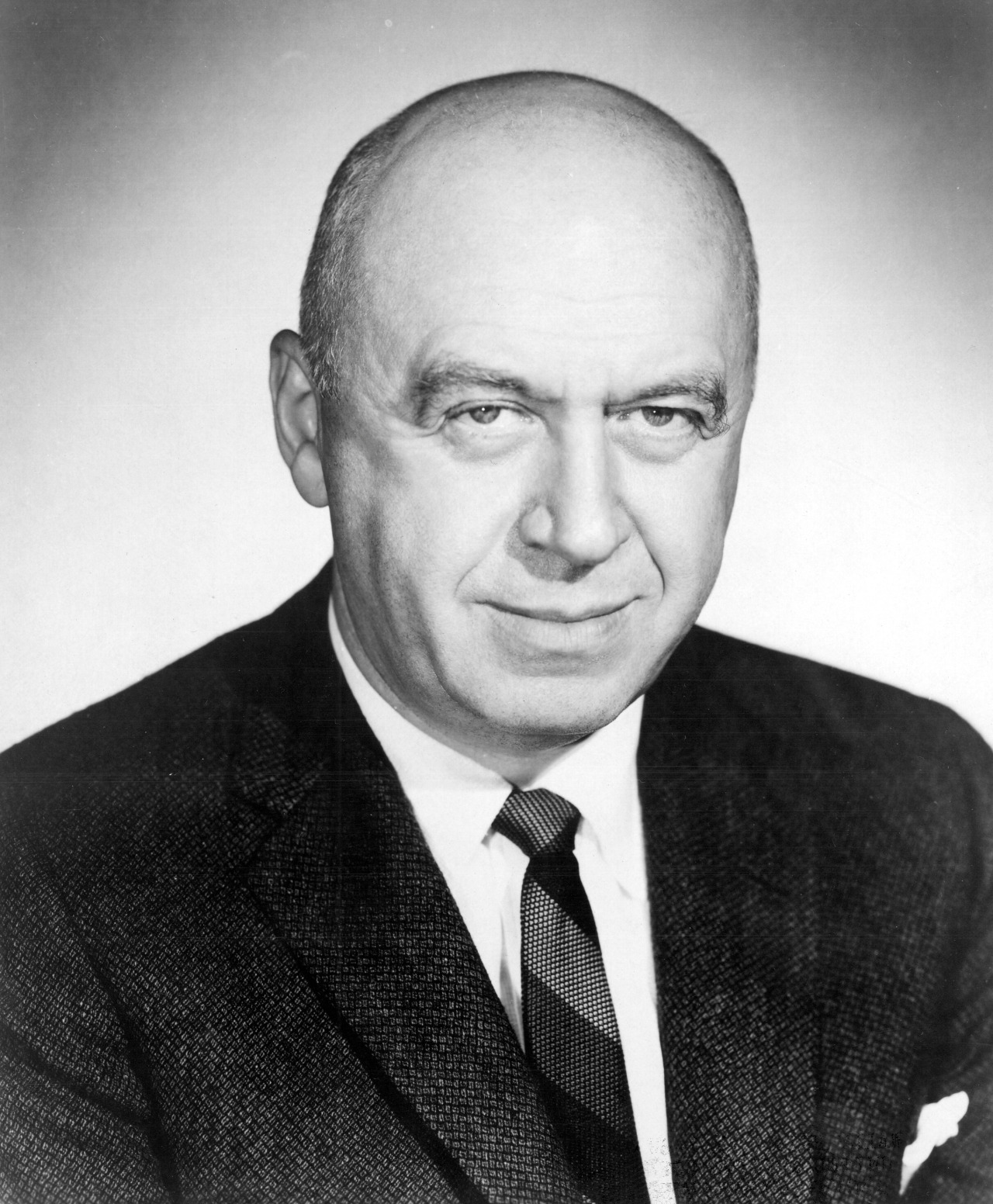
A few years before Otto Preminger moved to Hollywood, he was offered the position of director of Austria’s state-run theater, the Burgtheater, which required that he convert from Judaism to Catholicism. Preminger turned down the offer. This was a good decision on Preminger’s part because it allowed him to later take Joseph Schenck’s invitation to work in Hollywood. Also, religious conversion would not have protected Preminger from the Nazi regime. Preminger left in 1937 and his parents and brother stayed behind. When Austria was invaded in 1938, they found refuge in Switzerland.
Conrad Veidt
The German born star of films like THE CABINET OF DR. CALIGARI (‘20) was not Jewish himself but stood in solidarity with wife Lily who was. When Goebbels required actors in the German film industry to declare their race Veidt made the bold decision to declare himself on the form as Jude (Jew). This infuriated Goebbels who proclaimed that Veidt would never work in Germany again. He and his wife fled for England in 1933 and later emigrated to Hollywood. Veidt would go on to play Nazis on screen including his part as Major Strasser in CASABLANCA.
Fred Zinnemann
Austrian director Fred Zinnemann started off as a concert violinist and a law student before transitioning to a career in film. He left for Hollywood in 1929 seeking better opportunities. His film THE SEVENTH CROSS (‘44) was one of the first to acknowledge the existence of concentration camps. Unfortunately, Zinnemann lost both of his parents in the Holocaust. According to a page of testimony Zinnemann filed on behalf of his parents for the Martyrs’ and Heroes’ Remembrance Authority in 1984, his mother Anna most likely died in Auschwitz in August 1942 and his father Oskar died in Belzec around December 1941.


 mothermishy
mothermishy
